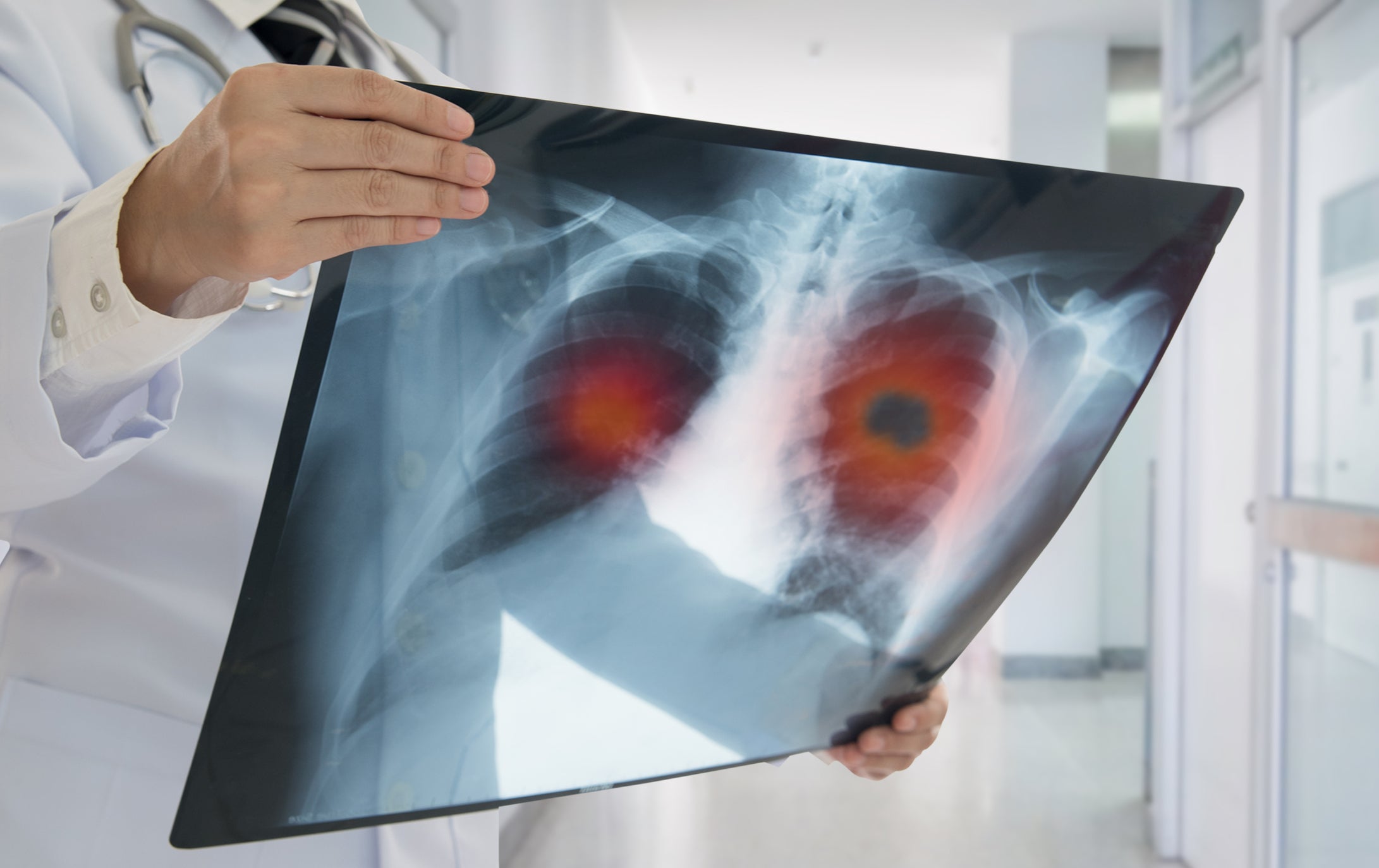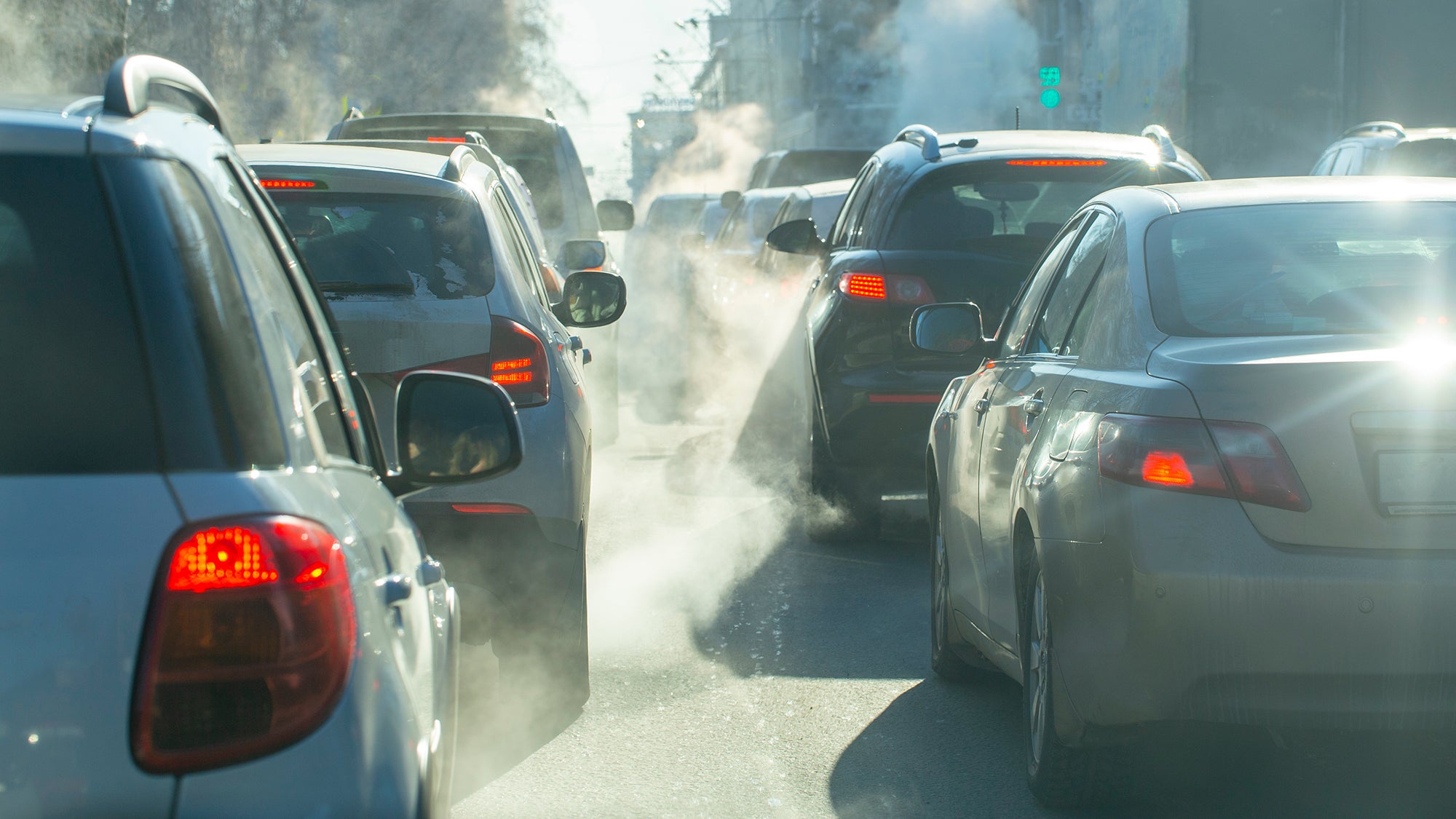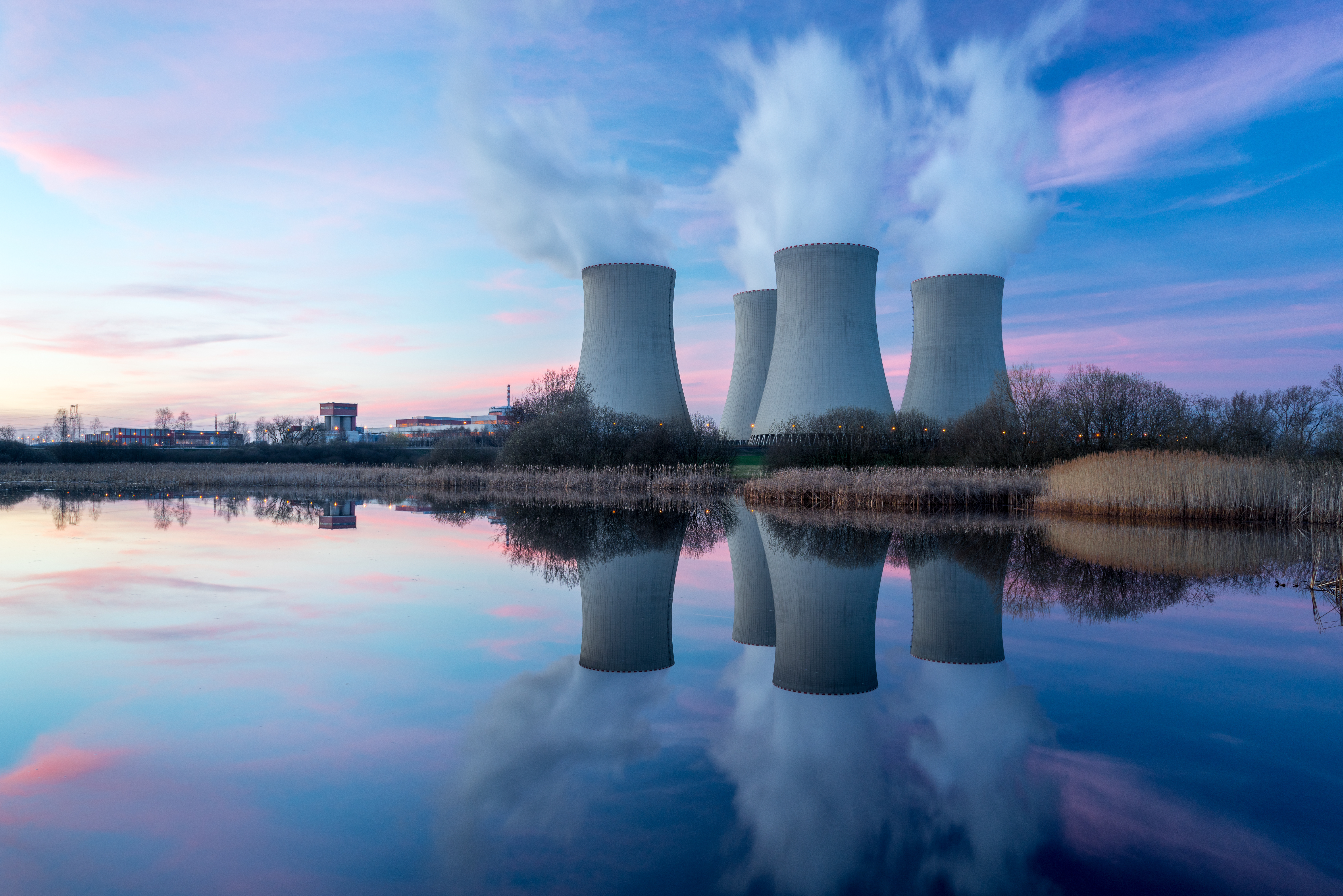Radioactive particles in air pollution linked with worse survival in lung cancer patients

December 2, 2024—Exposure to a type of ionizing radiation associated with particulate air pollution—called ambient beta particle radioactivity—may lower chances of survival among lung cancer patients, according to a study led by researchers at Harvard T.H. Chan School of Public Health.
The study was published Nov. 8 in Environmental Research. David Christiani, Elkan Blout Professor of Environmental Genetics, was corresponding author. Mi-Sun Lee, research scientist in the Department of Environmental Health, and Petros Koutrakis, professor of environmental sciences, were also co-authors.
Exposure to ionizing radiation is known to increase the risk of lung cancer. Less is known about ionizing radiation’s impact on lung cancer survival when exposure occurs through air pollution.
Ionizing radiation in the environment can come from radon, a naturally occurring gas. When radon decays it produces alpha particles, beta particles, and gammy rays—all forms of ionizing radiation. These particles can attach to fine particulate matter, be inhaled into the lungs, and lead to disease.
For the new study, the researchers estimated exposure to ambient beta particles among lung cancer patients enrolled in the Boston Lung Cancer Survival cohort. Participants’ exposure levels were estimated for their zip codes between 2001 and 2017, with the help of data from the Radiation Network, which monitors environmental radiation across the U.S. The primary health outcomes measured were three-year, five-year, and overall survival.
The study found that exposure to ambient beta particle radioactivity was associated with worse three-year, five-year, and overall survival rates among lung cancer patients. Patients with early-stage lung cancer undergoing treatment had significantly worse outcomes.
The researchers noted that the study “further emphasizes that future population-level prevention strategies and interventions are needed to reduce environmental exposure to radioactive particles to improve lung cancer survival.”
This research was supported by the National Institute of Environmental Health Sciences (NIEHS) of the National Institutes of Health (NIH): U01CA209414 (D.C.C), P30ES000002 (D.C.C), and K99ES034459 (L.L.) and the U.S. Environmental Protection Agency (US EPA): RD-835872 (K.P.)
Read the study: Ambient beta particle radioactivity and lung cancer survival: Results from the Boston Lung Cancer Study
Photo: iStock/utah778


